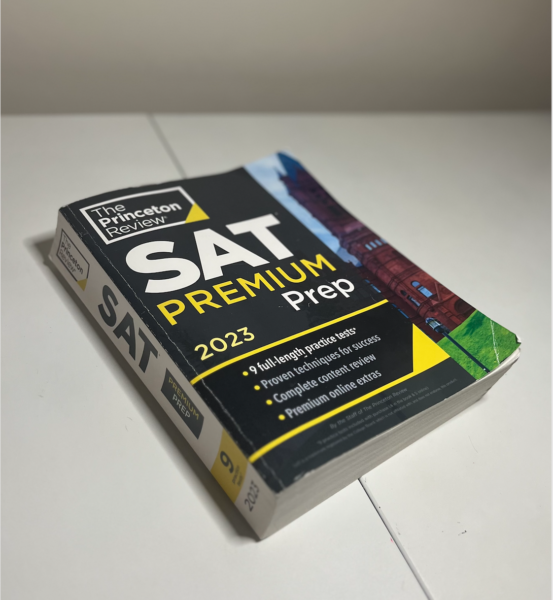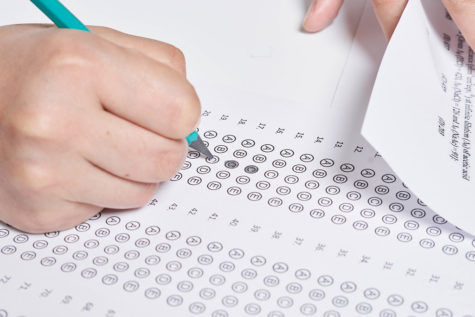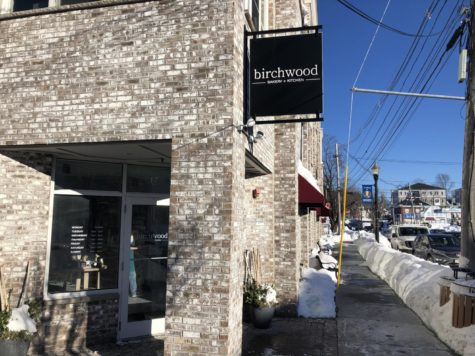Better Not to Know? The Dark Side of DNA Kits
April 3, 2019
The internet is buzzing with stories of DNA tests gone wrong. From finding out parents aren’t really biological parents to accidentally getting a relative arrested, one little vial of spit can come with unwanted complications.
——————————-
At home DNA tests were one of the most popular items on teenagers’ wish lists last year, and the results are finally starting to come back. But is it really worth the risks of putting your DNA out into the world?

Privacy is a major issue that popular companies like AncestryDNA and 23andMe need to address. It is almost impossible to “delete your DNA” once you have sent it off to be processed by a lab. With online data theft becoming increasingly hard to prevent, it is possible that your DNA can be taken and used by criminals. Unlike a credit card, DNA, the book of you, cannot be changed.
On the other hand, your DNA can be used to apprehend said criminals. Law enforcement officers are relying on major companies’ DNA databases more and more to solve cold cases. FamilyTreeDNA openly admits that it encourages investigators to utilize all genetic information they’ve collected. This isn’t a problem if you haven’t committed a crime, right? Wrong. When you volunteer your DNA sample, you’re volunteering your genetic family tree, without having asked your parents, siblings, cousins, and distant cousins if they agree. Your sample can connect them to a crime scene.
A multitude of people have recently shared how taking a DNA test revealed horrible secrets about their family. Common issues included finding out their father was not their real father, discovering they had been switched at birth, and locating gamete donors who had wanted to remain private. For many, ignorance was bliss, and these revelations were so shattering that they wished they’d never found out.
It’s kind of a science and an art.
— Paul Maier, genealogist at FamilyTreeDNA
On a less dramatic scale, even finding out one’s true places of origin can cause a minor identity crisis. One Franklin woman was extremely proud of her Italian heritage, citing her amazing Italian food as proof. She says she was shocked and sad to find out that she was less than 5% Italian. But even these percentages are misleading.
DNA companies give the impression of scientific and mathematical certainty through the use of exact percentages. However, this couldn’t be further from the truth. A pair of identical twins recently took five of the most popular DNA tests, and discovered their results were very different from each other, as well as from the results of the other tests. Scientists at Yale found that the twins’ DNA was 99.6% identical, so why were their results so different?
Paul Maier, a genealogist at FamilyTreeDNA admitted, “It’s kind of a science and an art.”
Is it really worth all of these risks to find out some vague, non-scientific percentages of what regions of the world you are from? Weigh the costs before you ship off your genetic code, the one thing that makes you truly yourself.















